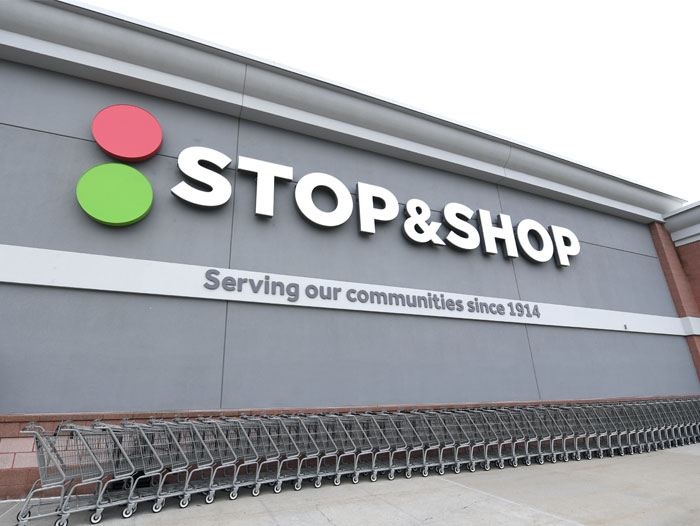Stop & Shop Increases Transparency Around Seafood Sourcing
February 19, 2021 | 4 min to read

Quincy, MA. – Stop & Shop announced today that it has partnered with the Ocean Disclosure Project (ODP) to voluntarily report its seafood sources. This partnership adds another layer of transparency to the supermarket’s already comprehensive seafood policy. While Stop & Shop’s existing policy ensures that its seafood is only sourced from sustainable and traceable fisheries and farms, working with the ODP will now make information on the original sources of Stop & Shop’s private label and wild-caught seafood available to customers.
“As an East Coast retailer, fish is an important part of our business – as is how we source it,” said Gordon Reid, President of Stop & Shop. “With the approaching Lenten season, it’s important our customers know how committed we are to sustainable seafood practices and this additional layer of transparency will help us do just that.”
Tania Woodcock, Project Manager for the Ocean Disclosure Project, said, “By voluntarily participating in the Ocean Disclosure Project, Stop & Shop has demonstrated its willingness to be held accountable for its seafood commitments and to provide more transparency. Stop & Shop’s disclosure reveals that its sourcing practices are aligned with its sustainable seafood policy.”
Stop & Shop also works with the Gulf of Maine Research Institute (GMRI), a nonprofit organization that helps to assess whether seafood items entering stores meet the criteria set forth by Stop & Shop’s seafood policy. Through this partnership, Stop & Shop and GMRI work with seafood suppliers to ensure traceability to the fishery or farm source for all seafood products sold in the company’s more than 400 stores across the Northeast.
“Tracing seafood to its source is an important part of Stop & Shop’s policy, enabling them to be transparent about those sources,” said Kyle Foley, senior program manager for GMRI. “Joining the Ocean Disclosure Project is a strong demonstration of Stop & Shop’s commitment to transparency around their seafood and one more way to contribute to the global efforts to improve the sustainability of seafood.”
Stop & Shop’s commitment to the ocean goes deeper than its work with ODP and GMRI. Stop & Shop recycled more than 350 million pounds of material including plastics and cardboard in 2020 and has made investments in local environmental conservation groups such as Riverkeeper, which protects NY’s Hudson River, The Coastal Research & Education Society of Long Island, Inc., and Westchester Land Trust in Westchester County, NY.
Stop & Shop’s seafood sourcing profile can be viewed on the ODP website at https://oceandisclosureproject.org/companies/stop-and-shop.
About Stop & Shop
A neighborhood grocer for more than 100 years, Stop & Shop offers a wide assortment with a focus on fresh, healthy options at a great value. Stop & Shop’s GO Rewards loyalty program delivers personalized offers and allows customers to earn points that can be redeemed for gas or groceries every time they shop. Stop & Shop customers can choose how and where they want to shop – whether it’s in-store or online for delivery or same day pickup. The company is committed to making an impact in its communities by fighting hunger, supporting our troops, and investing in pediatric cancer research to help find a cure. The Stop & Shop Supermarket Company LLC is an Ahold Delhaize USA Company and employs 58,000 associates and operates more than 400 stores throughout Massachusetts, Connecticut, Rhode Island, New York and New Jersey. To learn more about Stop & Shop, visit www. stopandshop.com.
About the Ocean Disclosure Project:
Established in 2015 by Sustainable Fisheries Partnership, the Ocean Disclosure Project (ODP) is a global platform for voluntary disclosure of seafood sourcing. The ODP is dedicated to increasing transparency in seafood by encouraging companies to publicly report on the seafood they source. The ODP provides a common template through which companies can report the fisheries and fish farms they source from, alongside information on the provenance, stock status and management, and environmental impact (including impacts on protected, endangered, and threatened species, bycatch, and benthic habitats; marine inputs for fish feed; and farming impacts on wild species and water quality) of these sources. This information is used to create annual profiles reflecting the company’s sourcing from the previous year, which are then published on the ODP website. Visit us at www.oceandisclosureproject.org.
